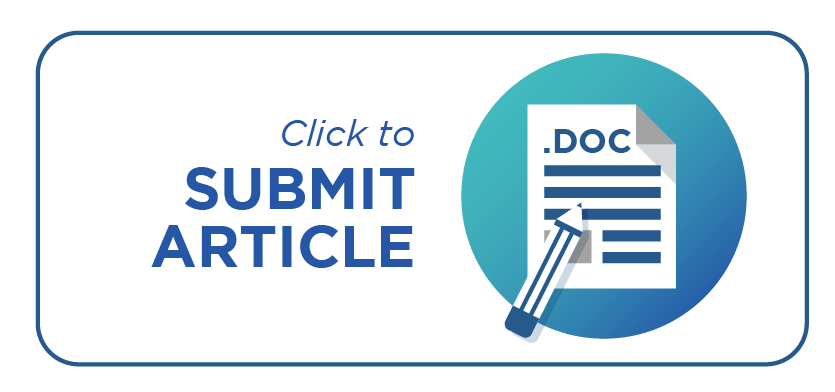EXPERIENTIAL LEARNING METHOD IN MEASURING THE EFFECTIVENESS OF THE JIGSAW LEARNING METHOD FOR THE JIGSAW LEARNING METHOD FOR BUSINESS MODEL CANVAS
DOI:
https://doi.org/10.21831/jvars.v2i1.1468Keywords:
Entrepreneurship, Effectiveness, Business Model Canvas, Jigsaw learning model, CollaborationAbstract
Entrepreneurs utilize Business Model Canvas planning to design a business with 9 parts that bring value to customers and are sustainable. Encourage and explore students' inventiveness when teaching Business Model Canvas planning. Jigsaw is one learning strategy. Small groups discuss the instructor's subjects after receiving a brief theoretical orientation on the Business Model Canvas teaching material in the jigsaw learning approach. Compared to typical learning approaches, how effective is this jigsaw method for Business Model Canvas teaching? Two groups of junior teachers and students, classes A and B, receive experimental methods to evaluate the jigsaw learning method using a mix of qualitative and quantitative methods. A questionnaire is presented to each group after therapy. Each group was given a closed questionnaire with a 1-5 linkert scale to assess learning and understanding following the treatment. Therefore, non-parametric statistical calculations show that learning Business Model Canvas with the jigsaw learning model works. A Chi Square (X2) of 17.674 > table (X2) with a confidence level of 1% accepts the alternative hypothesis (Ha), proving that the Jigsaw learning model is better at learning Business Model Canvas material. It would be better to investigate and improve the Jigsaw learning model for strategic concepts and explanations in social science teaching materials rather than formula computations.
Downloads
Downloads
Published
How to Cite
Issue
Section
Citation Check
License
Copyright (c) 2025 JVARS

This work is licensed under a Creative Commons Attribution 4.0 International License.





